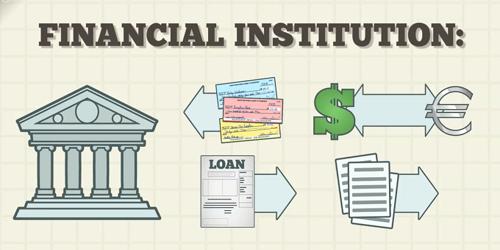A Mortgage-backed Security (MBS) is security of debt collateralized by a mortgage or by a mortgage collection. Periodic payments similar to bond coupon payments are obtained by investors in MBS. Mortgage securitization bonds are commonly regarded as a different class, called residential; another class is commercial, depending on whether the underlying asset is mortgages held by investors or properties that range from office space to multi-dwelling buildings for commercial purposes. The MBS is an asset-backed security type.
The MBS arrangement can be referred to as “pass-through” where interest and principal payments from the borrower or homebuyer flow through it to the holder of the MBS, or it may be more complicated, consisting of a pool of other MBSs. Home loans are offered to organizations, for example, a venture bank or government establishment, which at that point bundle it into an MBS that can be offered to singular financial specialists. A home loan contained in an MBS probably started from an approved money related establishment. Basically, the home loan upheld security transforms the bank into a broker between the homebuyer and the venture business.

Mortgage-Backed Security (MBS)
Between MBS investors and home buyers, the bank serves as the middleman. Individual investors, companies, and institutional investors comprise traditional buyers of MBS. The overall face value of an MBS declines over time because, like mortgages, the principal of an MBS is not repaid as a single payment to the bondholder at maturity, unlike bonds and most other fixed-income securities, but rather is charged along with the interest on each periodic payment (monthly, quarterly, etc.).
There are two specific forms of mortgage-backed security (MBS): pass-through mortgage-backed security and collateralized mortgage obligation (CMO).
Pass-through MBS: Pass-through securities are issued by a trust and, on a pro-rata basis, transfer the cash flows from the underlying pool to the securities holders. A particular maturity date comes with it, but the average life could be less than the age of maturity specified. Under these standards, the holder of a go through authentication is burdened as an immediate proprietor of the bit of the trust allocatable to the endorsement. The life of a go through might be not exactly the expressed development relying upon the foremost installments on the home loans that make up the go through.
Collateralized Mortgage Obligation (CMO): Collateralized mortgage obligations, also known as tranches, contain several pools of securities. Credit ratings that specify the rates that are returned to investors are issued for the tranches. In receiving the principal and the interest, each tranche comes with distinct maturities and priorities. The least dangerous tranches offer the most reduced financing costs while the more hazardous tranches accompany higher loan fees and, in this way, are commonly more favored by speculators.
Mortgage-backed securities (MBS) may, however, have “inexorably contributed to the rise of the subprime industry” and “generated concealed, systemic risks”. In the financial crisis that started in 2007, it played a central role, wiping out trillions of dollars of capital, taking down Lehman Brothers, and roiling the world financial markets. Generally, “under 2% of individuals lost their homes to dispossession”, however with securitization, “when a loan specialist sold a home loan, it not, at this point had a stake in whether the borrower could make their installments.” MBSs are still purchased and sold today. There is a business opportunity for them again basically in light of the fact that individuals for the most part pay their home loans in the event that they can.
Information Sources:
















